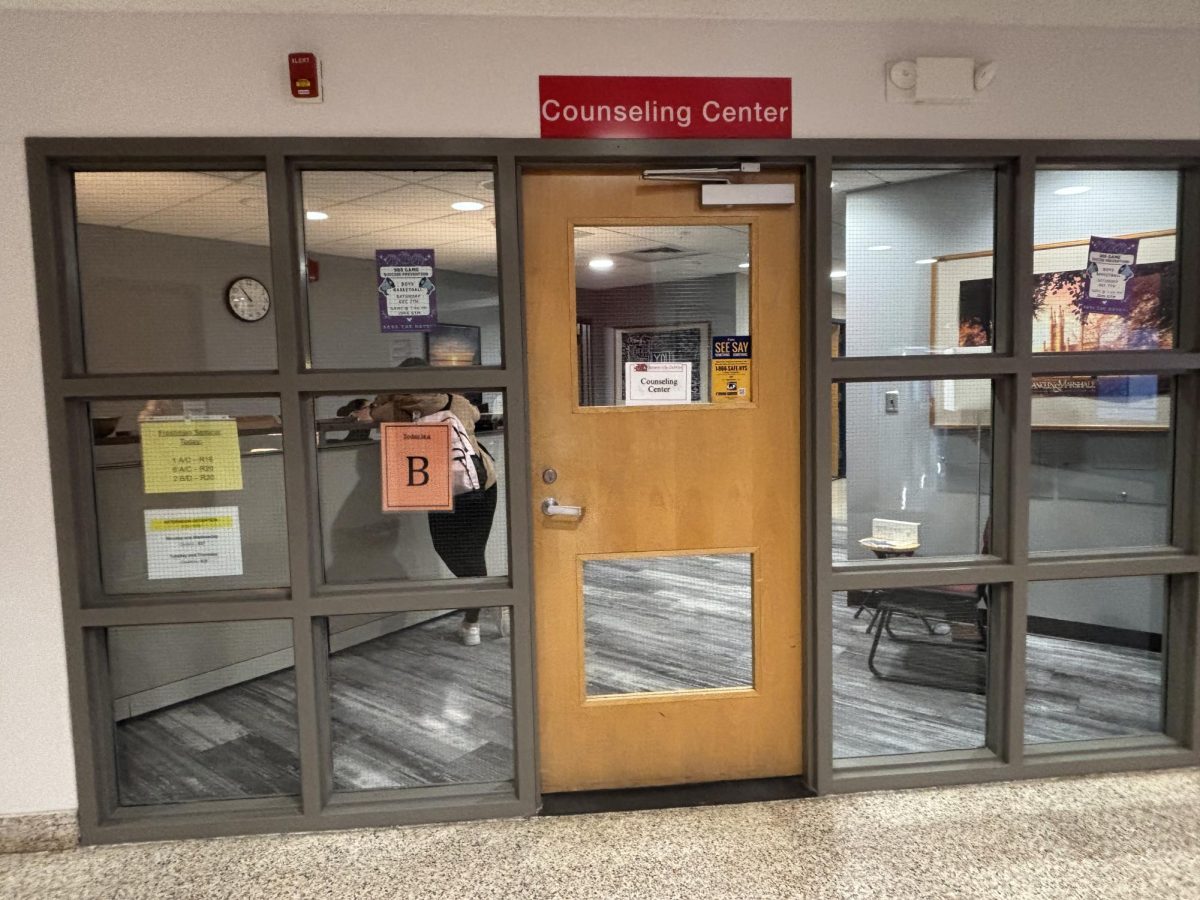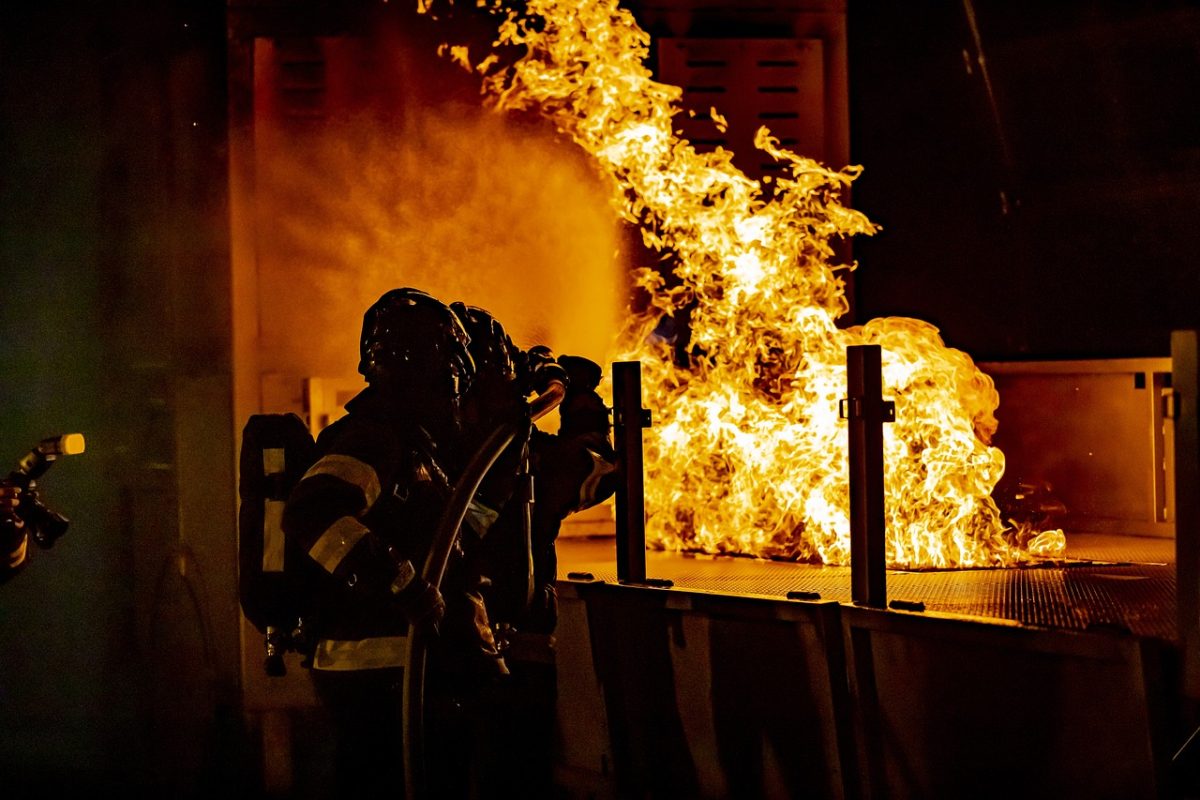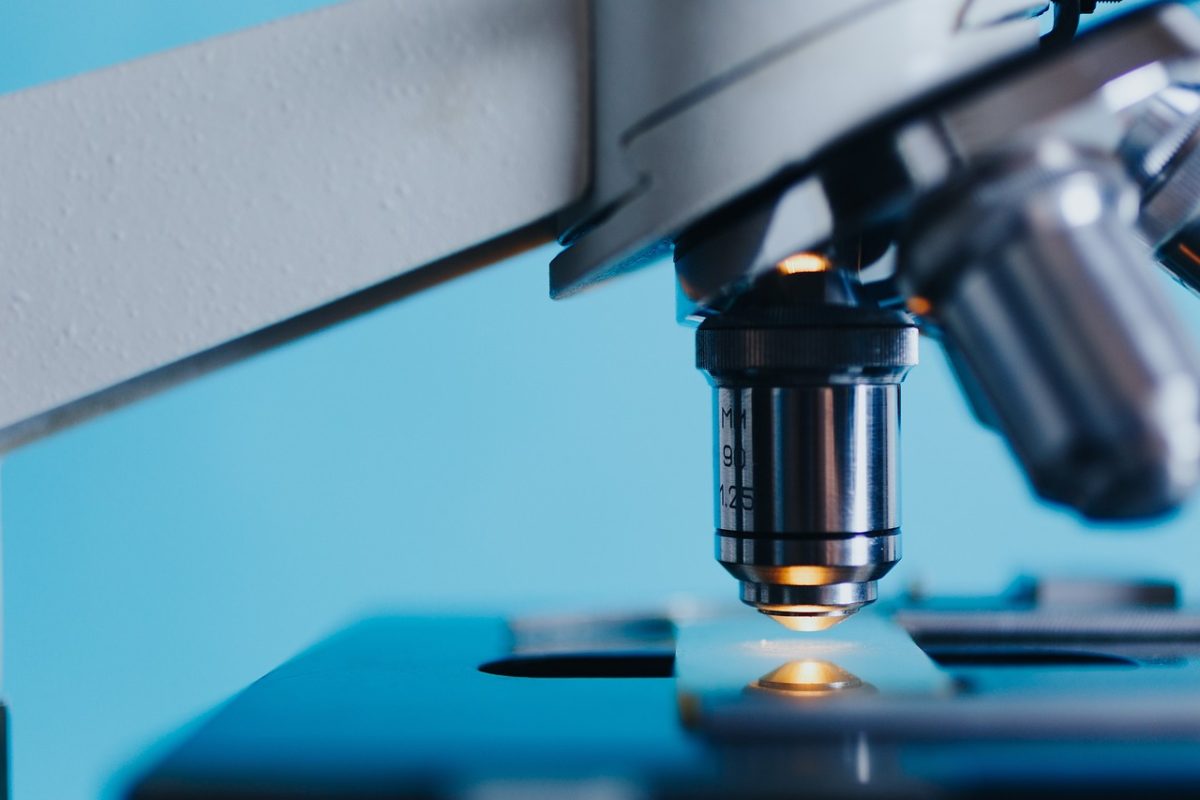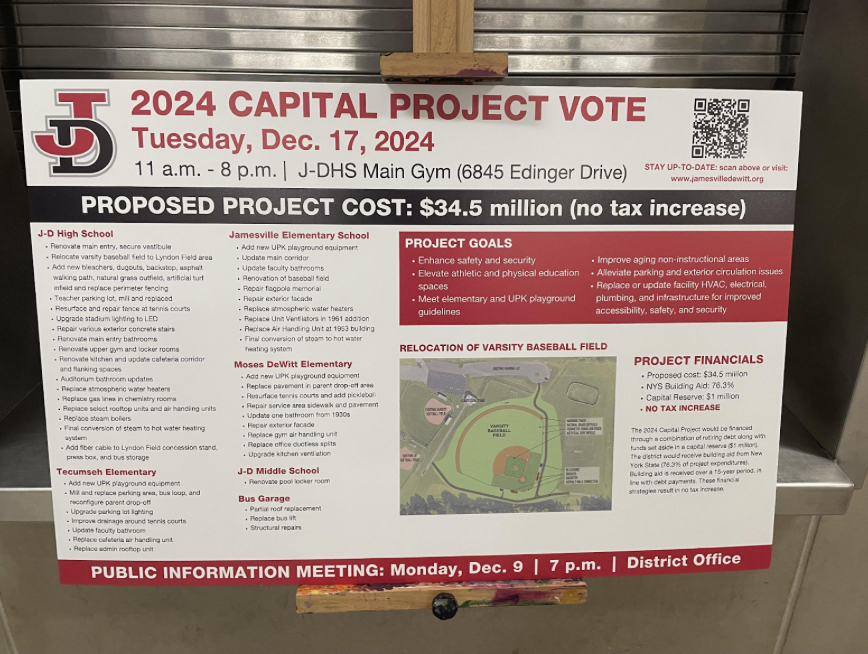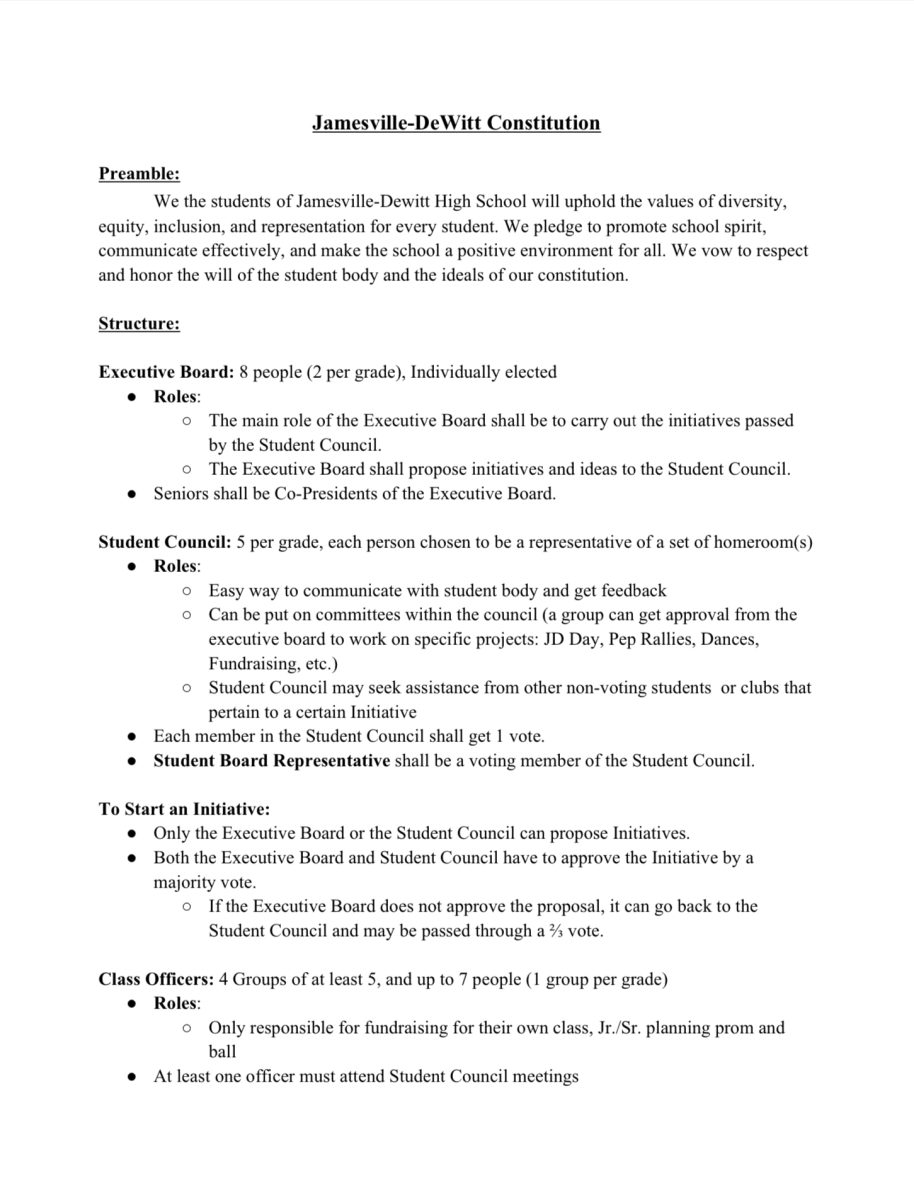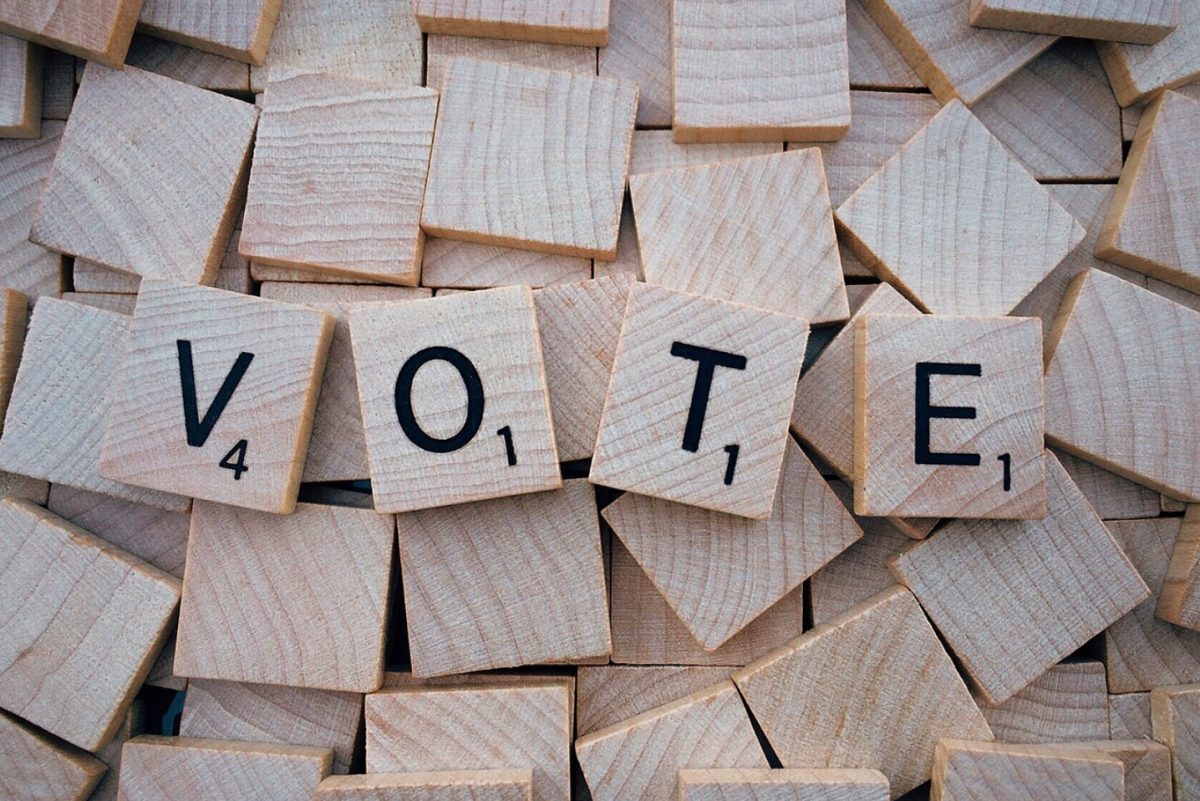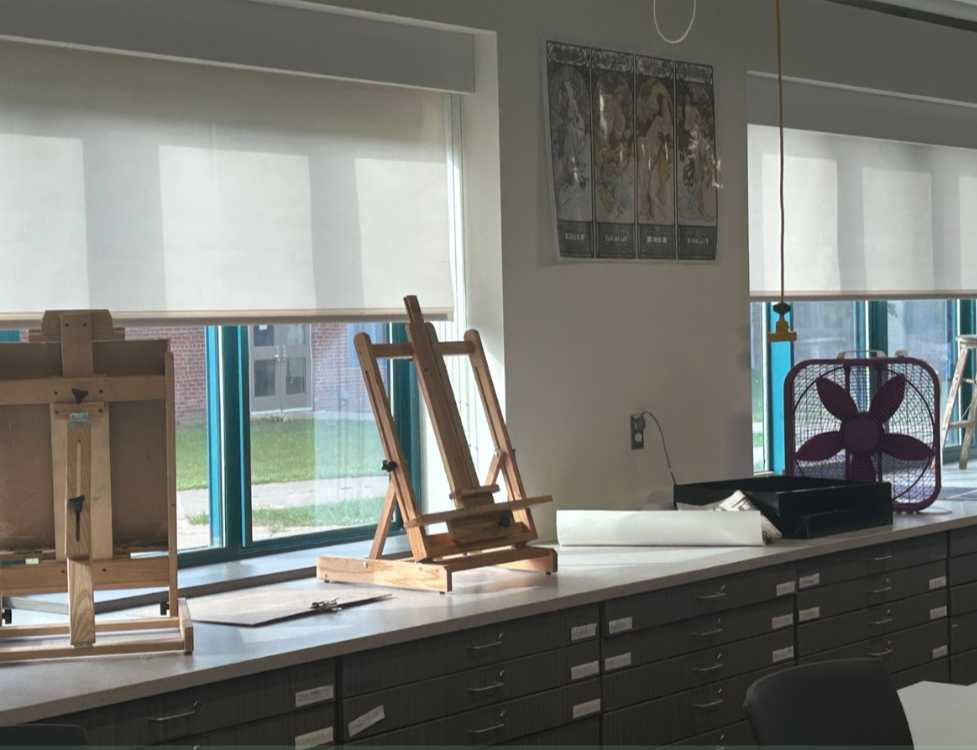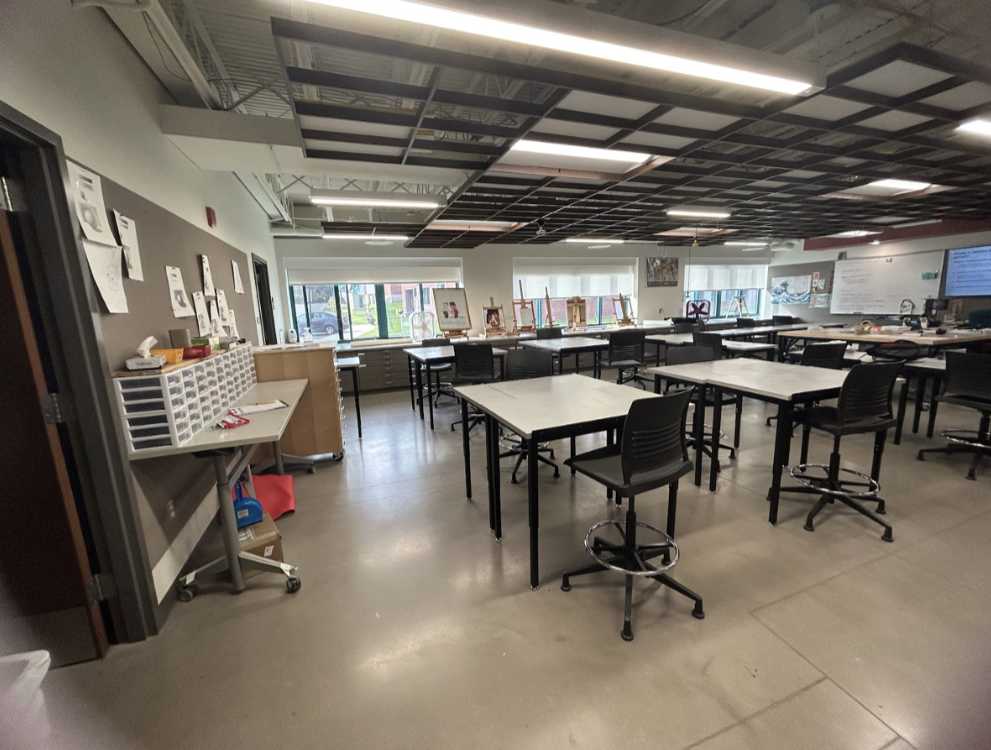At its May 9 meeting, the J-D Board of Education appointed Greg Lawson as the next principal of J-DHS. He will replace current principal Paul Gasparini following this school year after Gasparini’s long tenure at the school. The RamPage interviewed Lawson about his new position and his agenda as principal.
Can you tell J-D High School students about yourself?
I’ve been doing education in some capacity for 16 years now. I have a dual life, both as an educator and as a reservist in the Navy. And then a third life as a father and a husband. So I’ve got a busy life. The part about that is it comes with a lot of experiences. In each of those worlds, I have a uniqueness, as you all do in your lived experiences. A big thing in education is it’s a variety of settings – urban and suburban. My background is as a special education teacher. And then in the military – from tactical work, Navy education and training, what’s called the operation level of war. It’s all different. As a father and a husband – I have three boys that take up most of my time. My oldest is 12. My middle son, Atticus, is autistic, so [that’s] another layer of diversity and difference. As much as that’s a lot, I try to be as calm and chill as possible, and be relaxed, and keep things realistic. One of the biggest things that I’ve learned over the last three years that’s been really hard is being a developing adult. [Going] from middle school, to high school, to college is harder now than I think many of us realize. And that humility, that understanding, has really challenged me for the last few years to get better and be open. That’s really who I am. I try to be boring, because there’s a lot going on.
What led you to become a principal?
Being a principal was never my career aspiration. But what I started to see was the principals that I had that were mentoring me were able to have an impact beyond the classroom. When you’re a classroom teacher, you can have an incredible impact on the students. But there are only so many kids. You reach a point where you’re like, ‘Man, I think I want to help more. I think I can help not only my students but maybe I can help the teachers, too.’ That impact expands. I didn’t think I had the personality for it. I didn’t think I had the interest in it until I tried it and…you feel it. You feel this impact of, ‘Oh goodness, I helped out like 100 kids today. That’s incredible! I had to be that positive influence in that student’s life. And I helped out that one teacher with the lesson. That reached 130 kids today. That’s incredible!’ It’s a good feeling to have, and I want to have more of it. It makes me feel good and hopefully my approach can help more students. That’s really what it’s about. Help more teachers. Help the community in that regard.
What do you believe are necessary qualities in a high school principal?
I think the first thing – the answer to any leadership position is humility. It’s good to be humble. Humble to the fact that I’m a 30-year-old white male. My experiences are mine, and not appropriate for me to impose on every student and every person I encounter. I think that sort of humility to stop, pause, and say, ‘Where am I coming from? What lens do I have based on my lived experiences? And how might there be differences between my experiences and maybe yours?’ I think that’s important for a leader. The leader’s got to make a decision. Sometimes you’ve got to do that without total inclusive practice. But I’m firmly a believer that if you set structures up and be proactively inclusive in your decision making, you can avoid making solely leader-based decisions. There’s always time to consult. There’s always an opportunity to get somebody’s opinion. And I think that’s the second biggest thing – being deliberate about being inclusive with the opinions you’re getting. That really does include people who don’t agree with you. Personally, I seek those opinions out quickly. I like that challenge. I like that check on my lens. So I think that those two things are incredibly important in leadership as a whole, particularly at a high school more so than any other organization I’ve been a part of. You realize that students are forming their own opinions now. You’re not just developing them. You’re executing them. You’re living lives based on these [opinions]. That’s another avenue that we can teach and coach you in. Those are the two things I think are most important: humility and intentional inclusion.
What do you believe a principal should bring to their school?
They should bring a couple of really important things other than those two. A sense of transparency – you want to be open and honest to the greatest extent possible on the decisions you make. And consistency – you want to be as consistent as you can. Now that’s hard when you’re also trying to stay current. I know in the world of education, we tend to have changes and new initiatives every six minutes. But you want to stay current, and the reality is society moves so much faster than an institution like a school can respond. So how do we as older people manage that? For me, the first place I look is to the student who’s already managing all of that. Because that’s your world. You [Isaiah] set up this interview on Zoom rather quickly and probably intuitively. Two years ago, everybody in my age group would be afraid of something like this. We’ve had to grow accustomed to it. For students, you’re all in a different spot in terms of how you work and the speed at which you process. Because that’s your world. Those two things are really important. I think those are important things to bring. They’re definitely important to bring in my situation coming into a new district and a new school. [We need to] keep that transparency and those lines of communication open, and do our best to stay current with what’s happening in the world.
What do you hope to bring to J-DHS?
A couple of structures that will get us to that collaboration – to increase the transparency and the inclusion. I think my personality and my family – my family comes with me to events – we’re an all-in sort of family. Fortunately, in my line of work – in my other life – there are times when I’m away from my family a lot. When there are opportunities for me to incorporate them, I will. I don’t come to school events alone. I don’t show up at sporting events without two or three kids all excited and screaming. I think a lot of it is just who I am as a human. Hopefully those connections we make as people will really allow us to do good work and push the high school even further. Because let’s be real – this is one of the best high schools in the state. It’s incredible. It really is. I grew up in Central New York. J-D’s the pinnacle. I have a really cool opportunity to come to a place that’s already excelling and doing incredible work, and just maybe come up with a new idea or listen to your ideas, and say, ‘Let’s think that one out a little bit more and see where we can go with it.’ It’s an incredibly exciting time to be in education. It really is. We have learned so much over the last few years about what’s capable and what’s possible. I think the more we listen and open ourselves humbly to what students have to say, we might actually get more out of the experience.
What made you choose to take the principal position at J-DHS?
I think it really boils down to what Jamesville-DeWitt as a district and what this high school represents. It was the motivator. This is the pinnacle of high school experiences, and this is a district that from family support to community engagement, is the model. In that regard, it’s also very intimidating to say, ‘Hey, look at this. I might be able to help this place. I might be able to give something of myself to this community.’ It took a minute of me processing. It took time for me to talk to my family. I think J-D is an incredible place. I had to ask the question: ‘Do I have something to give it that will make it better or could make it better?’ I think my last five years of my life and the work that I’ve done that changed my perspectives on the world and on myself, and the processes in which we’ve had success [at West Genesee], in another suburban high school – I honestly could say yes. I think I could bring something to help. It doesn’t mean it’s going to be perfect or flawless. It’s the process that’s important. It’s the conversations that are important. That’s really what I’m working to bring to [the district]. J-D is a remarkable place. You [Isaiah] know this. You’re there. It’s incredible. It’s amazing. So I’m looking forward to that. The other thing that is that being at J-D is special. The J-D way is a real thing to me. The more I learn about the pride that you have in your school community – that pride that neighbors have in your school community – it is fascinating to me, and I want a piece of that. I want to feel that connection.
How do you plan to interact with and take feedback from J-DHS students?
I try to deconstruct this whole principal thing as much as I can. At the end of the day, there’s an office, there’s a title, there’s a tie. There are little things that I do to be reflective and to put myself in a position in which I have to reflect on what students are saying. I’ve said this a couple of times already. A lot of these are structural changes you can make. You need to have the diversity and equity groups, and they need to meet with you [the principal] regularly. My lens is limited based on my life experiences. The student governance works need to meet [with the principal] regularly. We need to have these formal opportunities for students to say what they’re feeling. If you remove that, that’s tough. The other thing that’s big with me is just being a visible presence. I like school lunch a lot for a reason. It’s an opportunity to sit down with people. I like to have those opportunities. Structurally, we need to create formal opportunities for students to meet with me and give their perspective. And [we need] the informal opportunities as well. The more time I can be walking around and not in my office, the better. That’s my goal is to not be in [my office] as much as possible. The third thing is the structure climate surveys. At least once a quarter, once a marking period, give students a formal voice to say what they’re feeling – what’s working and what’s not, so we can make decisions based on that.






























